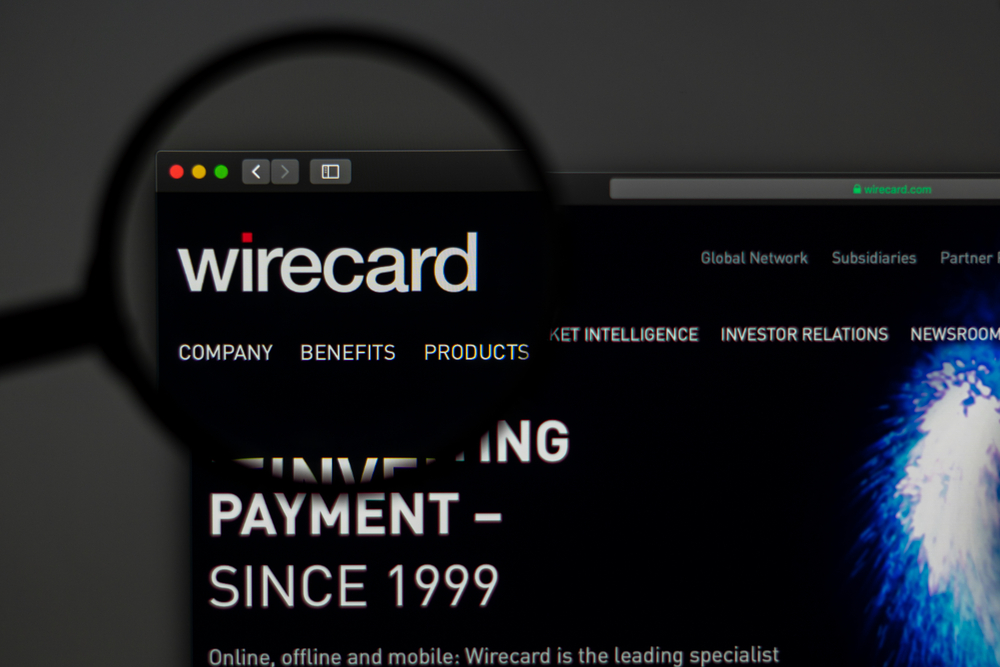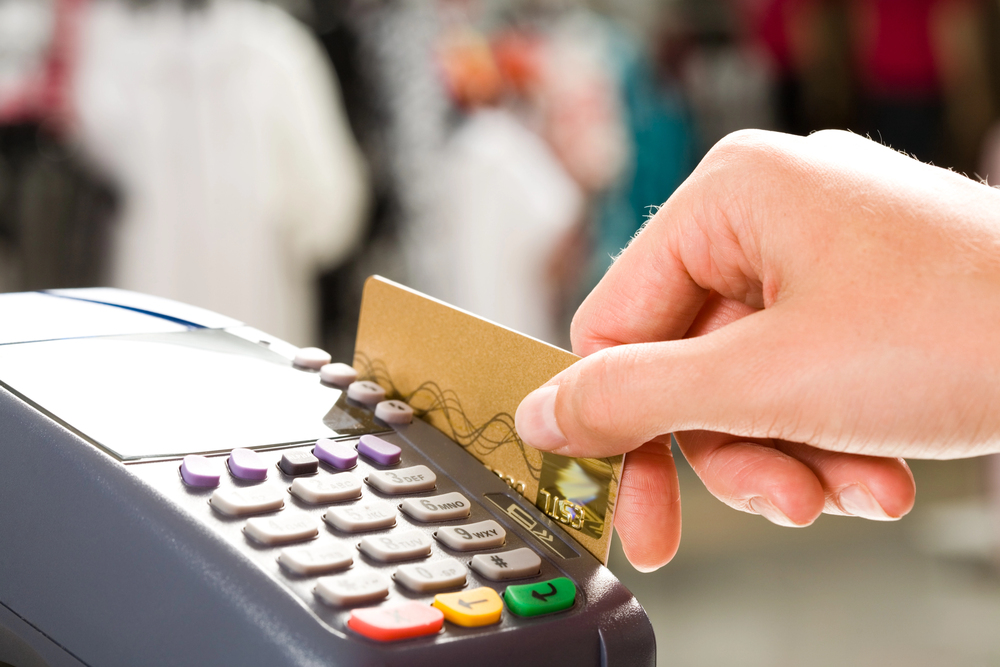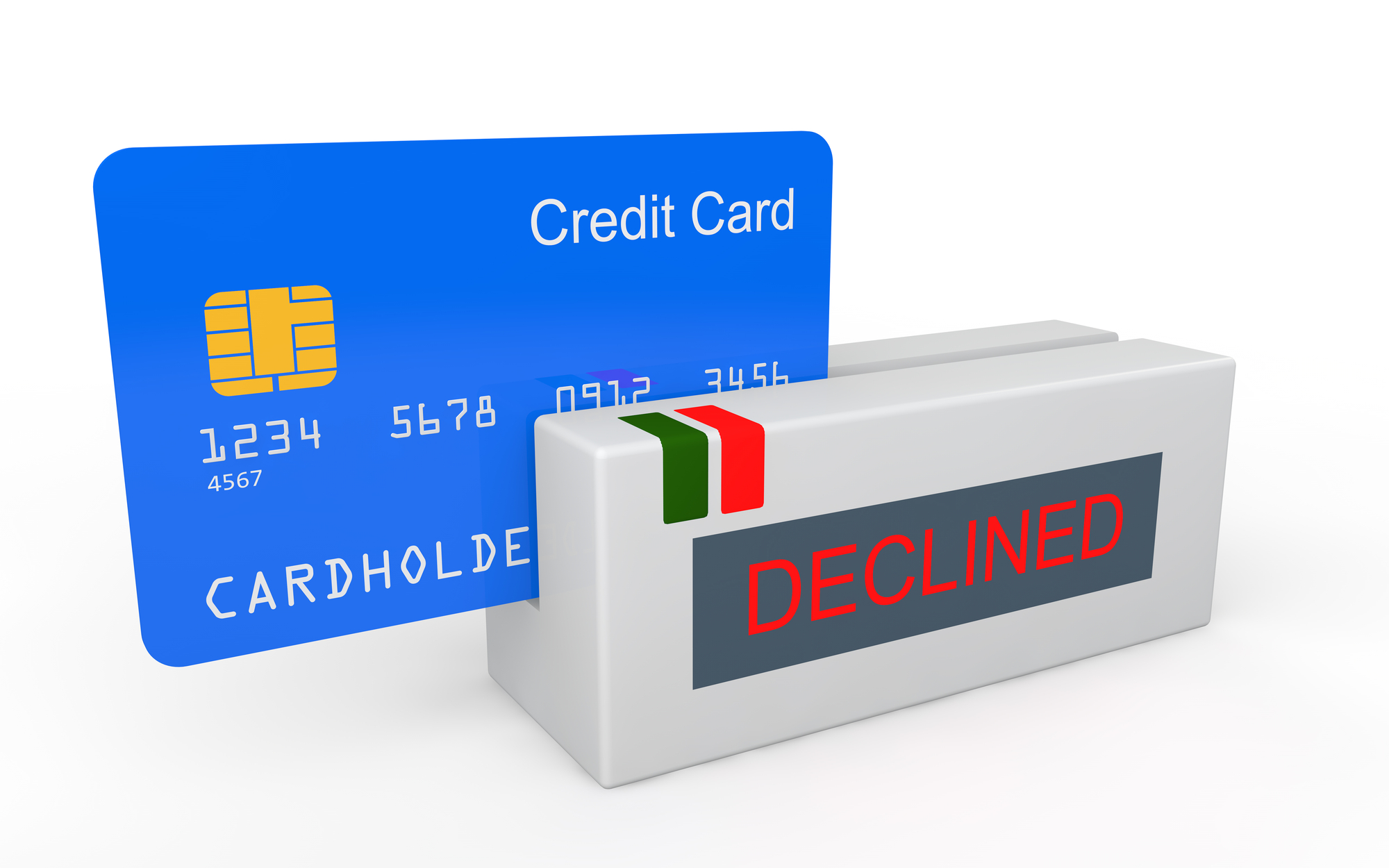
When Payment Processing Goes Bad, How Safe Is Your Money?
Jul 10, 2020 7-MINUTE READ
Acquiring banks and other payment processing providers are putting merchants like you at risk.
Since the COVID-19 pandemic, a few players in the payment processing industry have been making the news. Recent headlines reveal that several movers and shakers in the payments industry have either made big decisions or had them handed down, which negatively affects their business.
Just to name a few…
- QualPay Inc. is banned from processing fraudulent payments for any high-risk merchant.
- Wirecard AG filed for insolvency after discovering fraud on its balance sheet.
- Square Inc. faces criticism after keeping 30% in merchant reserves.
This list can go on…
Why should you and other merchants be worried? Because many merchants involved with those payment providers are starting to see changes affect their e-commerce businesses.
The payment ecosystem has been disrupted. This certainly isn’t the first time – it won’t be the last time either.
So, how can you secure your merchant account with the right payment gateway?
In this blog, we’re going to go over the current changes within the payment processing industry. You will learn how to avoid the worst that can happen when processing credit card transactions.
Then by the end of this blog, you’ll be more confident in protecting your e-commerce ventures.
Let’s get right to it.
Incidents with acquiring banks and other payment providers
Now you know what QualPay, Wirecard, and Square all have in common. We want you to understand the possible risks to your merchant account.
High-risk merchants who process payments with any of these payment gateways or providers, may experience frozen funds.
Some merchants might be more affected than others. For the most part those with subscriptions, digital products, adult entertainment websites, CBD stores and even forex merchants will see an impact.
The first thing that may happen is receiving an email notification that certain policy changes have gone into effect. As a result, merchant account closures or restrictions may take place.
Having more than one merchant account can save you or others affected. If not, this may result in owners having a hard time scaling their online business.
And, you wouldn’t want that to happen to you.
That’s why it’s important to stay on top of your payment processing strategies.
Past controversies about the payment processing industry
In 2007, the founders of NETeller were arrested. London-listed NETeller provided internet gambling accounts.
Since that’s illegal in the US and the founders broke the law, a huge chunk of their business was wiped out.
Another example of businesses that raise a lot of controversies would be adult merchant accounts.
Sex workers are constantly overcoming challenges in securing payment gateway or banking services in general. They were affected by bank closures too because of revenge porn laws. Some of these laws include Stop Enabling Sex Traffickers Act (SESTA) and Fight Online Sex Trafficking Act (FOSTA).
This goes to show how careful you have to be with your credit card processing, especially if you are high risk.
To feel more secure about your payment gateway, explore other options instead of relying on just one solution. This will help you weather any storms that arise from any single payment gateway.

Square Inc. faces criticism after keeping 30% in merchant reserves.
How the global pandemic has affected e-commerce
There has been a significant impact on e-commerce businesses since the recent pandemic.
Payment processors, such as Square, admitted to withholding up to 30% of payments made to some merchants. A lot of business owners are in financial distress, which is even worse during an economic crisis. As reported by Forbes.com:
Small businesses can barely survive as it is, and now that Square… is withholding funds, many more small businesses are going to be closing.
Companies that weren’t equipped with a sophisticated online setup were left to scramble.
When we mean equipped, we mean setting your business up with next-level security, omni-channels and payment options.
So, you want to make sure you never run into incidents like these.
Merchant service providers can make you feel safe about your financial situation.
You can connect with DirectPayNet to have peace of mind.
The major impacts of these shifts in payment providers
Here are a few risks to keep in mind if you want to avoid red flags in your payment processing:
- As we mentioned a bit earlier in this blog, your merchant account could get frozen. When this happens, credit card orders stop entirely. You may not be able to log into your account. There could be a hold on your funds. And ,you might not know when you’ll receive them. Some businesses even close down until this problem is solved.
- If acquiring banks land in trouble, it could lead to shutting down many merchant accounts. It can take at least one to two weeks or longer to secure a solid backup merchant account from a legitimate provider.
- When merchant reserves suddenly go from 10% to 30%, it leaves merchants with a slimmer profit or the inability to operate. This is especially true for businesses less than a year old. Then, operations and the ability to scale could be held back.
How to beat the disrupted payment ecosystem
Now here’s the moment you’ve been waiting for. We’re finally going over solutions to survive disruption of any payment ecosystem.
We say this because once you know these solutions, you’ll know the right payment gateway for you.
Without further ado, here are the three key solutions that can help you avoid potential cashflow issues if your payment platform runs into problems:
1. Diversify banking and payment options
Merchants gain a huge advantage when they diversify their banking and payment options.
Don’t put all the risk in one payment channel, when you could have more than one.
Wouldn’t you want to be able to expand your limits and outgrow your sales?
This is especially relevant for e-commerce merchants who rely on third-party payment platforms.
Stripe or PayPal offer credit card processing options, but you don’t have much control. Tools to dispute chargebacks are limited. Reserves can go as high as 20% or 30%. And holds can be as long as 14 days.
When you have one or more high-risk merchant accounts to support your business, credit card payments can be moved quickly should there be a problem with one provider.
It’s smart to explore Automated Clearing House (ACH) or e-check processing, too.
ACH processing allows high-risk merchants to accept more transactions if your merchant account is maxed out with sales. Best of all, the rate of chargebacks is far lower than with credit card payments.
Additionally, look at opening more than one business bank account to get paid. It can be a backup account for your daily operating expenses and transactions.
2. E-Wallets vs. physical bank accounts
We recommend high-risk merchants not use e-wallets or leave money in there for too long. Take your funds out as soon as you receive your daily and weekly payments from your acquirers.
Who knows what could happen to your payment processing that could lead to withholding your credit card payments?
And instead of e-wallets, it’s better to use a real bank account that’s supported by a larger operation. (This is preferred especially in the US and Canada where the traditional banking system is more secure and sophisticated compared to other countries.)
Europe and other international markets are e-wallet friendly. But, as we’ve seen in the news, some financial service providers close overnight. Again, this is why an account with a physical bank is preferred.
As a result, EU banks that still operate will perform more due diligence and change certain policies. As EU banking policies change, high-risk merchants need to be prepared. Owners have to restructure their business to scale globally.
Having a physical office instead of a virtual office in a foreign location for your business is good for compliance and provides a lot more advantages.
Depending on your location, an account with a physical bank facilitates easier payments for other countries in the region. You’ll have lower transaction costs. And more importantly, your sales conversions will skyrocket.
So make sure you do your due diligence to find a payment service provider that’ll help you stay compliant with foreign regulations. Once you follow these strict requirements from the start, you’ll have long-term success.
3. Negotiate lower reserves
Reserves can go as high as 20% or even 30% if Stripe or PayPal don’t truly support your business model. This cuts into profit margin. So, find a way to lower your reserves so you can keep more funds in your accounts.
If the chargeback ratios and risk in your processing history are low, you’re in a good position to negotiate lower reserves. To be on the safe side, you’ll need to keep up good performance for three to six months in a row.
This is more likely favorable only if your monthly sales volume is high with your payment provider. Because the more money that goes into your account and the less refunds and chargebacks, the more profit there will be.
Reserves provide a financial buffer to pay for daily fees, refunds and chargebacks if something ever happens to your account.
For example, let’s say your site is hacked, or your account is shut down. You may stop processing, but refunds and chargebacks for past transactions continue operating even if you don’t.
Try to use as much of your monthly volume cap from your merchant account for three months minimum. This shows your provider you can scale safely and will help you solidify more payment solutions.
Your acquirer sees no point in lowering your reserves if your chargeback ratio is not up to par (0.9% or less each month).
And don’t let your chargeback-to sale-ratio get high for months on end. If this happens, your account could be terminated.
If you successfully convince a payment provider to lower your reserve, you’ll keep more money for your business. You might even negotiate a monthly volume cap increase.
Once you secure a limit increase, you can keep more hard-earned dollars. Also, you can impress underwriters when you apply for more merchant accounts and even pay lower fees for future applications.
Now what?
By now you know that big players in the payment industry could be shut down or run into trouble at any time.
Unfortunately, it won’t be the last time we hear of merchants being left in limbo because of issues such as those faced by Square and Wirecard.
But more importantly, their practices impact your survival. You are already high risk and need to take extra measures on how to avoid getting shut down as an online business owner, whether you’re selling CBD oil, supplements, or subscriptions (be it for retail or digital products, or adult content).
You’re now amongst the small percentage of merchant accounts that are aware of this. And because you read this blog all the way till the end, you have solutions you can implement right away.
So, now what?
Even though we pointed out solutions for you, most merchants still don’t understand. They either lack resources or aren’t equipped with the proper tools or manpower.
And it’s crucial for you to get going right away so that you can start earning more money now.
If you’re looking to speed up your e-commerce success, count on DirectPayNet’s expertise to help your business stay afloat.




